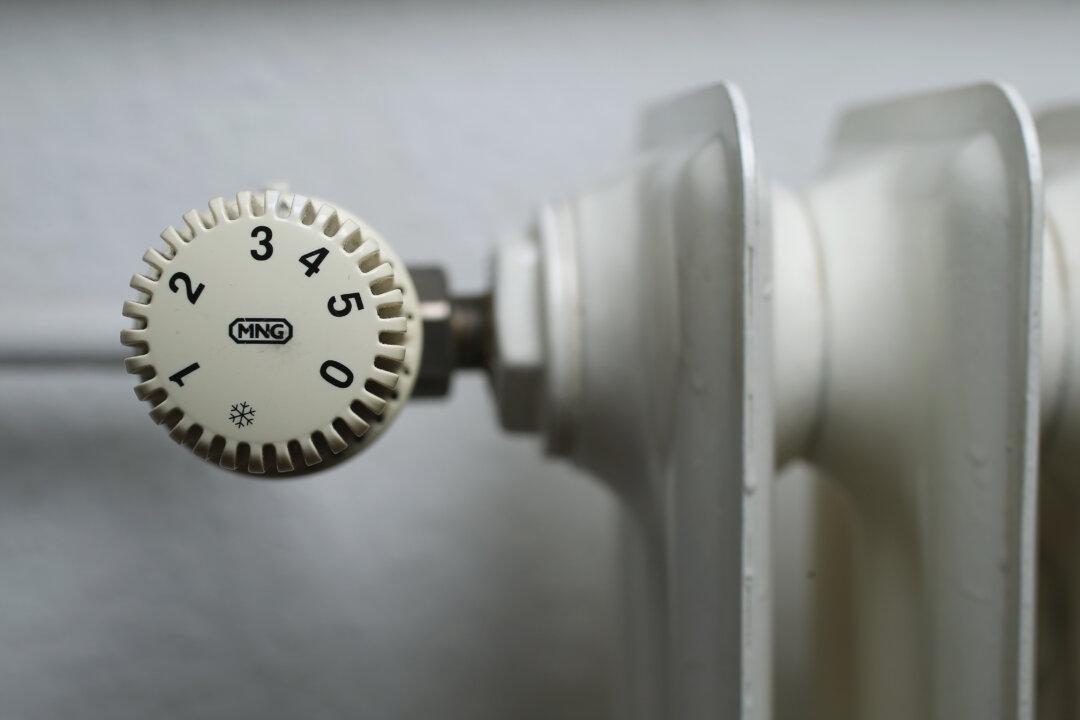Commentary
The air conditioner in the wine shop had gone out. The shopkeeper warned me to get in and out or else I would soon be sweating. It was rather warm at 82 degrees, which I personally do not mind, but it was clearly cutting into business (and not good for the wine).





